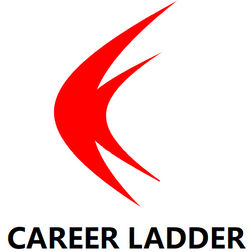CAREER LADDER EDUCATION AND TECHNOLOGY INC.
FREQUENTLY ASKED QUESTIONS
Have a question? We are here to answer! If you don't find your question here, please please do not hesitate to contact us.
1. Do I need a different resume for every different job application?
Every time you apply for a new job, you should make sure the resume speaks directly to the job description. That means, your resume may not need to be entirely different, but you'll likely want to make at least a few minor updates. If you're applying for a different type of job, you may want a completely different resume, from the content all the way to the format.
2. How important is a cover letter?
We also need to write a cover letter to apply for a job abroad. Some companies even ask you to include a cover letter in their job postings as a standard. Unlike a resume, a cover letter should be a summary of your core experience. A good cover letter can make you look good and increase your chances of getting an interview with a company. A bad cover letter can put you on the hiring manager's blacklist.
3. What should It be included in a cover letter?
Elements of a Cover Letter include: how to address the hiring manager; The first paragraph should appeal to the hiring manager in three sentences; The second paragraph should explain why you are best for the job; State what you can bring to the table and write a strong, concise closing.
4. How to answer “Why did you apply for this job?”
The key to answering this question is to tell more about the company and the position, not to introduce yourself. So before the interview, check out the company's website, Linkedin, etc., to learn more about the company and the background of the position. For example: I really like the job description and the working duties on this position. I believe to be a perfect match for the job and a potential asset for your team. That's why I submitted my application. I have similar working experience too…
5. How to answer “Can you tell me something about your education?”
Some employers and positions will value educational background, and a degree from an elite school or an MBA may be a plus. However, if your educational background is not stellar, you can focus on the wealth of knowledge you learned from your past experiences without getting too hung up on things like where you graduated from. For example, I have studied at ABC University.I acquired knowledge of statistics,project management and process management. I was active during my studies and took part in practical projects and courses too. Overall my studies were pretty practical and I believe to be ready for job of project manager.

